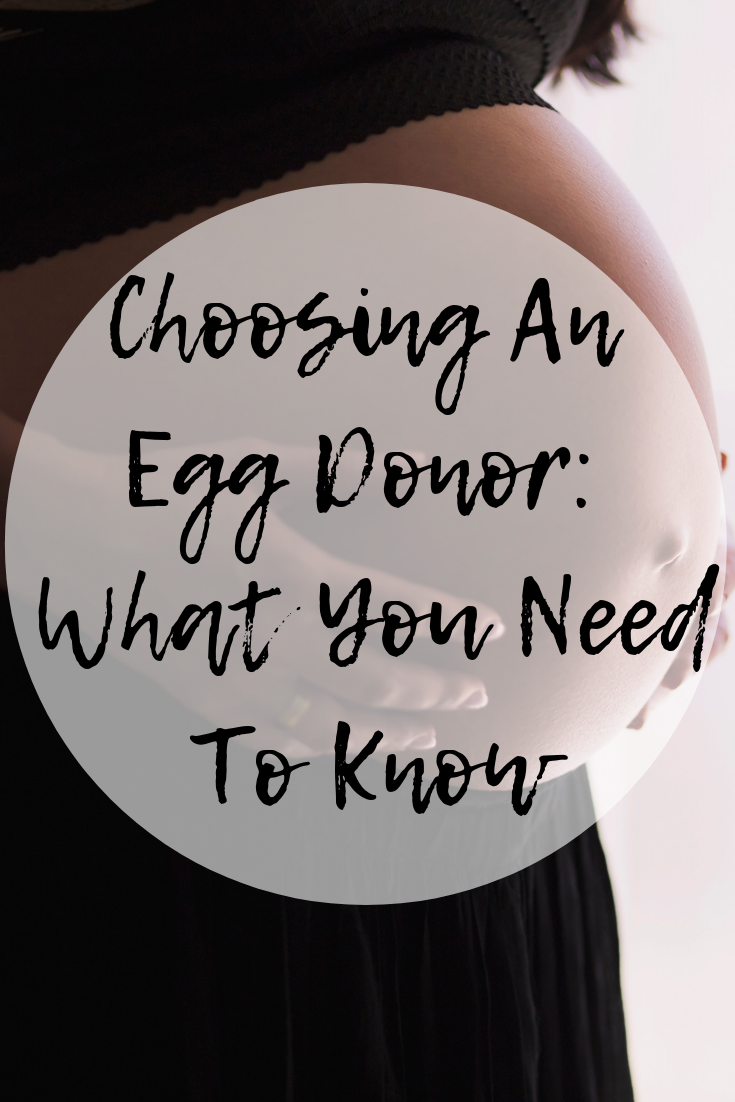
For women struggling with infertility, the process of trying to get pregnant can be isolating – but it doesn’t have to be. In fact, about 12% of women struggle with infertility, with those numbers growing as women age, which means you likely have friends who have experienced the same issues carrying a pregnancy to term. And, with so many women trying unsuccessfully to get pregnant naturally, there is a growing marketplace helping women have children of their own.
One option for women who struggle to get pregnant because they don’t produce enough viable eggs is to use a donor egg from another woman that is (typically) fertilized with their own partner’s sperm. This is a good option for women who can safely carry a pregnancy, meaning they don’t have any other health issues that might require the use of a surrogate. Despite the growing use of donor eggs, though, many women are hesitant to pursue this path.
Finding A Donor
If you’re a woman or couple seeking an egg donor to facilitate a pregnancy, the first question is a simple one: where do you find a donor? Typically, couples work with an egg donation agency to find a donor who is a good match. This might mean finding a donor who they share genetic traits with or who they feel a connection with due to a shared educational background or common hobbies. The agency will facilitate this process based on their donor list to help recipients find a match that helps them feel confidence.
Who Are The Donors?
Another common question people have about the egg donation process is, who are the donors? Unlike sperm donation, egg donation requires an extensive course of medical treatment and it can be painful and inconvenient. It is, however, much more highly remunerative.
Typically, egg donors are young women, around college age or in their early-mid 20s, must not have any STDs, and must undergo extensive medical testing before they’re approved. They may even be asked to undergo medical testing to ensure that they don’t carry any genes that could cause disability or negatively impact the viability of a pregnancy. Once approved, donors will inject fertility medications and undergo numerous ultrasounds leading up to egg harvesting.
Choosing Your Donor
While your agency will likely help you navigate the process of choosing a donor, there are certain questions that can help you navigate the process. First, set aside the idea that using a donor will make the child any less “yours.” Though you may not have a genetic link to your child, women who have conceived using donor eggs can affirm for you that genetics isn’t everything. Even if you were to conceive with a surrogate, the fact is that creating a child is a deeply emotional process and you’ll be involved, physically and emotionally, at every step. People may ask questions about your route to conception, but in today’s day and age, families are made in so many different ways.
In terms of choosing an egg donor, the questions you’ll ask will likely be similar to those you would ask when choosing a sperm donor. This includes asking the agency about their screening process, identifying traits that are important to you in a donor, as well as identifying “deal-breaker” traits. This might mean choosing a donor with a particular educational level, one who looks like you or your spouse, or who shares a religious background. Unlike sperm donors, there are typically fewer options for egg donors, but they are more carefully screened and of a higher quality.
Ultimately, the most important factor when choosing an egg donor is that you feel confident about your chosen agency, with their practices, and with your selection of donors. And of course, you should always remember that, as with any pregnancy, there will be unknowns – and that’s okay. This is a journey, but there is joy waiting at the end.





Leave a Reply